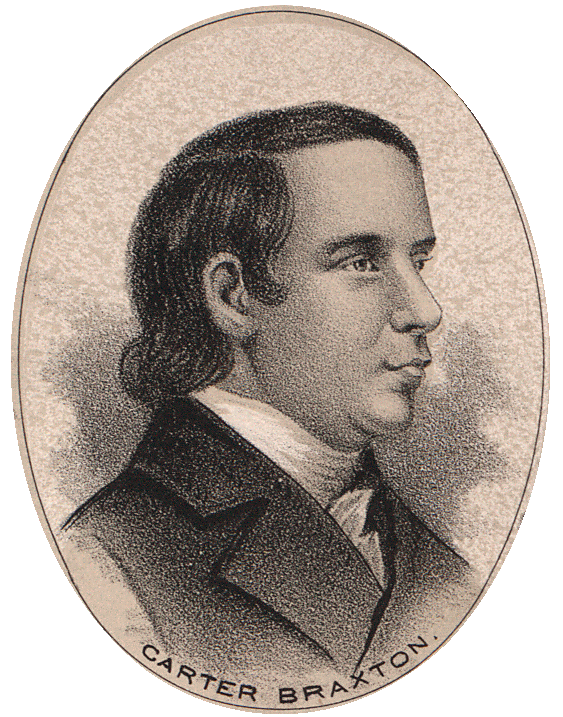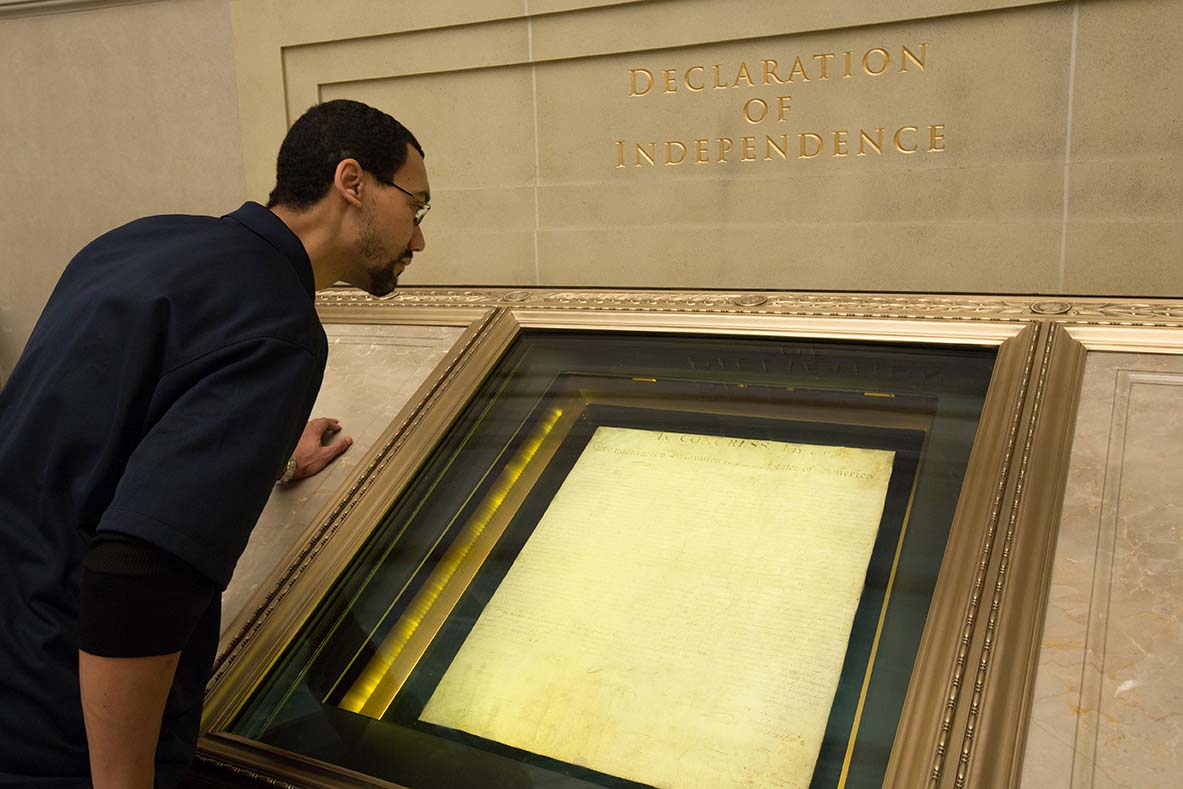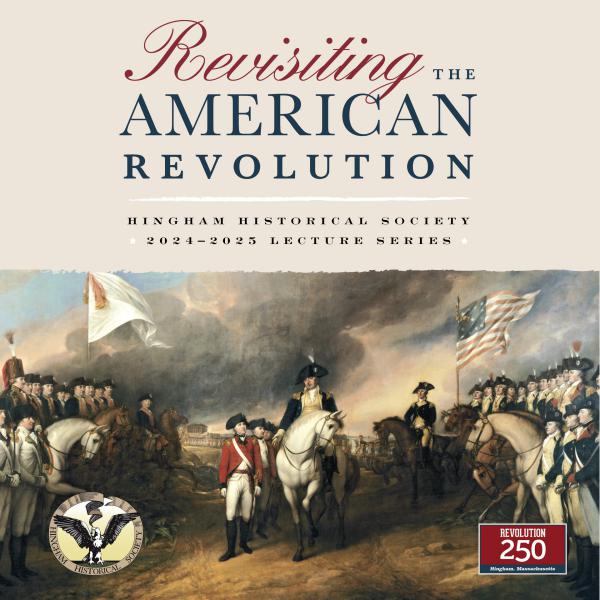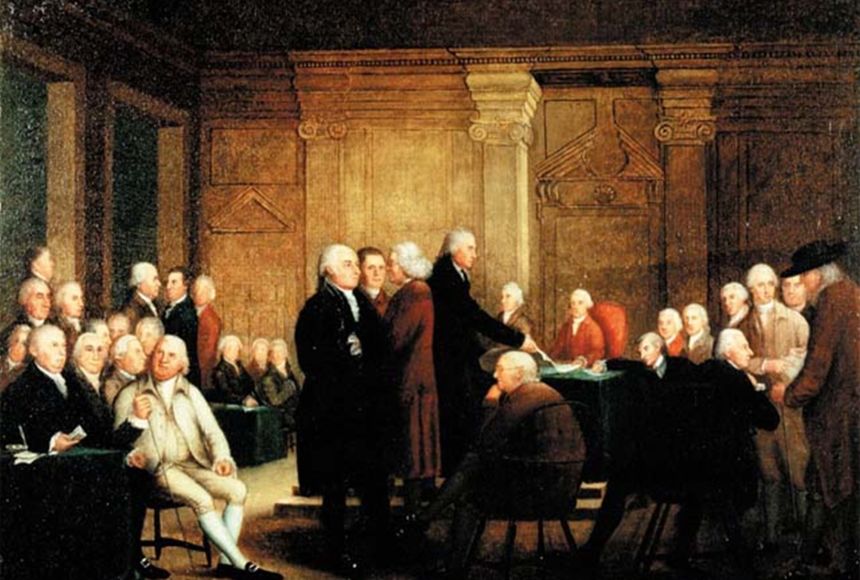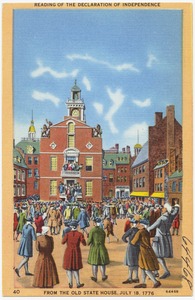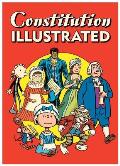The Hingham Historical Society is hosting a
series of seven lectures from September through April 2025 on the theme of “Revisiting the American Revolution.”
I’m honored to be one of those speakers, and a bit humbled to see the others in the lineup.
15 September
1774: The Long Year of Revolution
Mary Beth Norton
Norton is the Mary Donlon Alger Professor of American History Emerita at Cornell University, where she taught from 1971 to 2018. She has written seven books about early American history, including
Liberty’s Daughters: The Revolutionary Experience of American Women, 1750-1800 and
In the Devil’s Snare: The Salem Witchcraft Crisis of 1692. She was a coauthor of
A People and A Nation, one of the leading U.S. history textbooks. Her most recent work, the basis for this talk, won the 2021 George Washington Prize.
27 October
Making Thirteen Clocks Strike as One: Race, Fear, and the American Founding
Robert Parkinson
Parkinson is Professor of History at Binghamton University. He is the author of
The Common Cause: Creating Race and Nation in the American Revolution, and most recently,
Heart of American Darkness: Bewilderment and Horror on the Early Frontier.
17 November
The Spies in Henry Barnes’s House
J.L. Bell
Bell is the author of
The Road to Concord: How Four Stolen Cannon Ignited the Revolutionary War, a National Park Service report on Gen. George Washington in Cambridge, and numerous articles. He maintains the Boston 1775 website, offering daily postings of history, analysis, and unabashed gossip about the American Revolution in New England.
8 December
From Hingham to Yorktown: The Military Campaigns of General Benjamin Lincoln
Robert Allison
Allison is a professor of history at Suffolk University. His books include a biography of American naval hero Stephen Decatur, and short books on the history of Boston and the American Revolution, and an edition of
The Interesting Narrative of Olaudah Equiano, or Gustavus Vassa, the African. Two of his classes, “Before 1776: Life in Colonial America,” and “The Age of Benjamin Franklin” are available from The Great Courses. As chair of Revolution 250, a consortium of organizations planning Revolutionary commemorations in Massachusetts, he hosts its
weekly podcast, and he is president of the
Colonial Society of Massachusetts.
26 January 2025
Hingham’s Revolutionary Canteens
Joel Bohy
Bohy is the director of Historic Arms & Militaria at Bruneau and Co. Auctioneers and a frequent appraiser of Arms & Militaria on the PBS series
Antiques Roadshow. His is also an active member of several societies of collectors and historians, an instructor for Advanced Metal Detecting for the Archeologist, and an advisory board member of American Veterans Archaeological Recovery. Growing up in Concord, Massachusetts, helped lead to Bohy’s passion for historic arms & militaria, conflict archaeology, and artifacts like Hingham’s historic Revolutionary War canteens.
9 March
How to Radicalize a Moderate: John Hancock and the Outbreak of the Revolutionary War
Brooke Barbier
Barbier is a public historian with a Ph.D. in American History from Boston College. She is the author of
King Hancock: The Radical Influence of a Moderate Founding Father and
Boston in the American Revolution: A Town Versus an Empire. Because she believes beer makes history even better, she founded
Ye Olde Tavern Tours in 2013, a popular guided outing along Boston’s renowned Freedom Trail.
6 April
The Declaration of Independence: A Guide for Our Times
Danielle Allen
Allen is James Bryant Conant University Professor at Harvard University and Director of the Allen Lab for Democracy Renovation at Harvard Kennedy School’s Ash Center for Democratic Governance and Innovation. She is a professor of political philosophy, ethics, and public policy. She is also a seasoned nonprofit leader, democracy advocate, tech ethicist, distinguished author, and mom. Her many books include the widely acclaimed
Our Declaration: A Reading of the Declaration of Independence in Defense of Equality, and she writes a column on constitutional democracy for the
Washington Post.
All these talks will take place live beginning at 3:00 P.M. on a Saturday at the Hingham Heritage Museum, and also be streamed online. The society is now selling subscriptions to the entire series for prices ranging from $175 for someone who’s already a member to $675 for someone who wants to become a society Steward. The subscription price for non-members is $200, or about $29 apiece.

